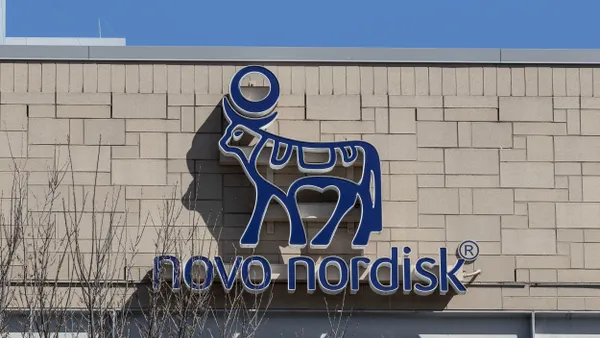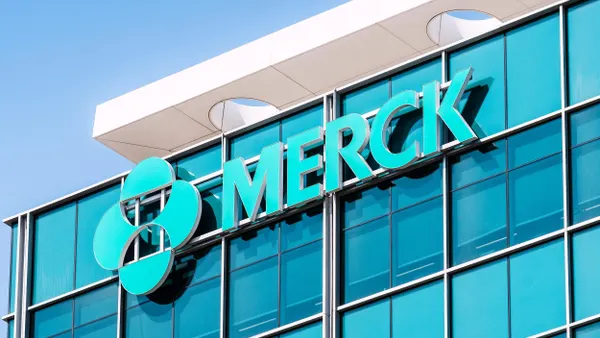Dive Brief:
- On Thursday, the chair of the Senate Health, Education, Labor and Pensions Committee released a long-anticipated report calling for Congress to reform 340B drug discounts, citing concerns about transparency and oversight of the program.
- The report from Sen. Bill Cassidy, R-La., found mixed evidence for how hospitals use 340B funds, with two health systems studied generating millions of dollars in 340B revenue but not passing those savings along to patients. Two large health centers in the analysis did pass discounts to patients, however.
- The report also found contract pharmacies charge 340B entities a “complex range of fees” for dispensing drugs, diverting funds from patients. Meanwhile, drug manufacturers interviewed for the analysis said they struggled to ensure the discount program’s integrity, like preventing duplicate discounts or serving ineligible patients.
Dive Insight:
The 340B program, which was created more than 30 years ago, allows healthcare providers that serve large populations of low-income patients to buy certain drugs at a significantly reduced rate.
340B has grown over the decades. Since 2000, the program has swelled more than 600% to include over 60,000 covered entities, according to Cassidy’s report. Additionally, drug purchases under 340B reached a record high of $66.3 billion in 2023.
Pharmaceutical companies frequently criticize the program — which cuts into their profits — arguing hospitals use the funds to boost their own bottom lines. Meanwhile, healthcare organizations say 340B are critical tools to support often cash-strapped facilities.
Evidence is mixed, with some research showing hospitals use the funds to expand services for low-income people while others use the money for other purposes, like acquiring practices or opening new care sites.
The latest report from Cassidy — the result of a yearslong investigation into the program — argues 340B is ripe for reform, after finding the discounts don’t always translate to lower costs or improved access for patients.
For example, Bon Secours Mercy Health and Cleveland Clinic generated hundreds of millions of dollars in 340B savings and revenue from 2018 through 2023, the analysis found.
The health systems reported using the funds on capital improvement projects and community benefit programs, but didn’t account which specific expenses 340B money was going towards, according to the analysis.
In response, the organizations noted that Congress didn’t design the 340B program to provide direct savings to patients.
Meanwhile, two federally qualified health centers, Sun River Health and Yakima Valley Farm Workers Clinic, generated significant revenue from the program, driven largely by a few classes of drugs like HIV/AIDS therapies or medications for diabetes. These providers both used 340B funds to cut patients’ drug costs.
Cassidy said that Congress should consider improving 340B transparency, including through requiring covered entities to provide annual reports to show how 340B revenue is used and offer clear guidelines on how discounts should benefit patients.
The senator also said legislators should mandate reports for contract pharmacies, after discovering they charge covered entities a bevy of fees for dispensing 340B drugs.
For example, CVS Health and Walgreens charge a range of fees that typically increase each year. The pharmacies also require additional third party administrator fees, allowing them to keep more 340B revenue, Cassidy said.
Drugmakers have taken issue with hospitals purchasing medications from contract pharmacies instead of in-house pharmacies. They’ve also moved to change how they distribute savings under 340B. Last year, J&J and other pharmaceutical companies informed hospitals they would begin providing rebates for some drugs instead of giving upfront discounts.
The policies are currently being litigated in court following pushback from hospitals and federal regulators.
Pharmaceutical lobbying group PhRMA cheered Cassidy’s analysis, saying in a statement Friday it “adds to mounting evidence showing big, tax-exempt hospitals, for-profit contract pharmacies and middlemen exploit the program — marking up drug prices to boost their profits.”
However, Rick Pollack, president and CEO of the American Hospital Association, noted the investigation was limited in scope “given the variety of 340B hospitals across the country.”
















